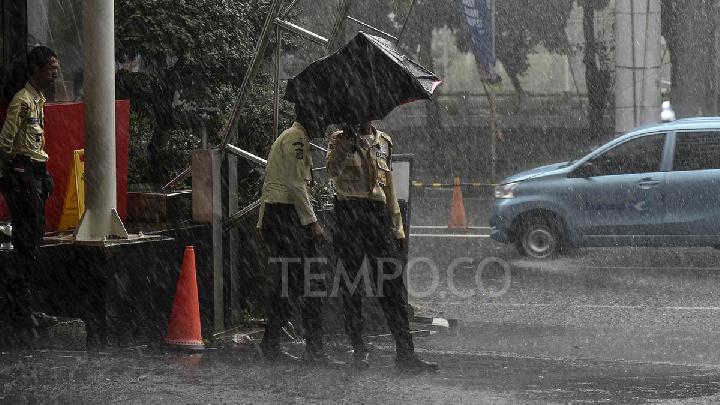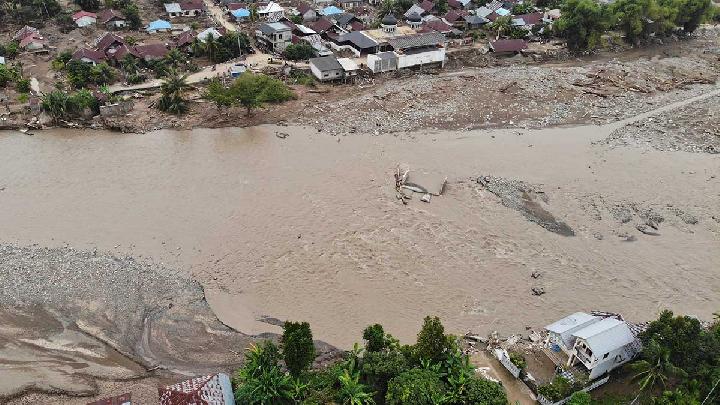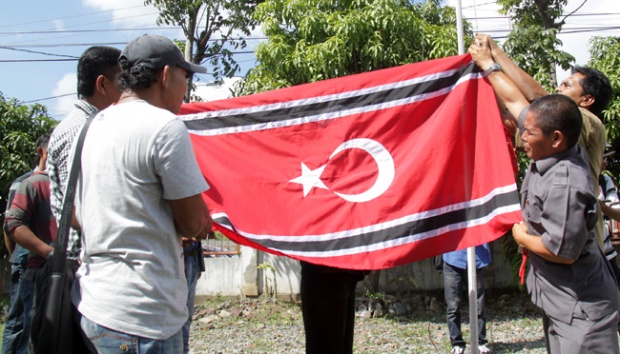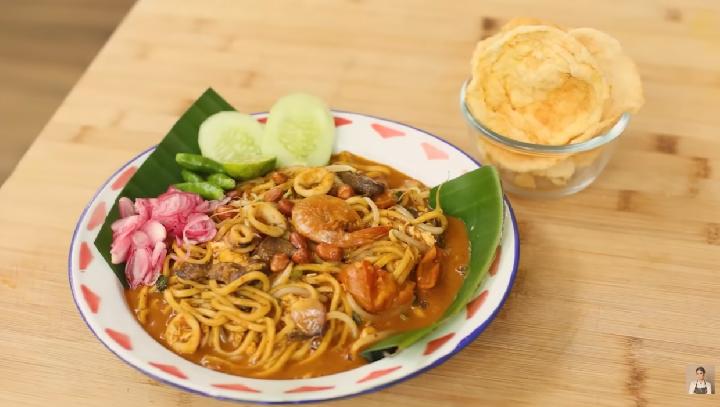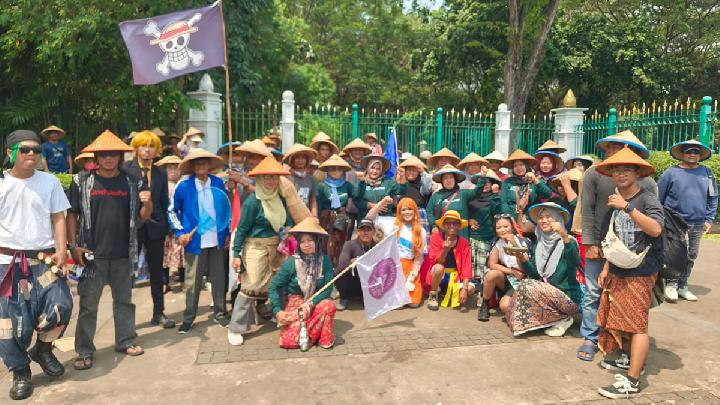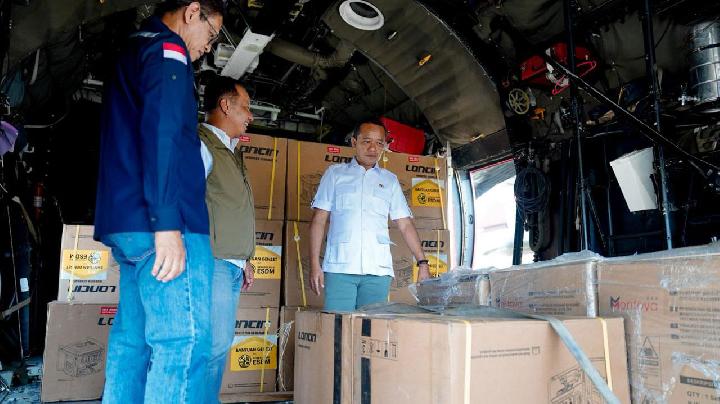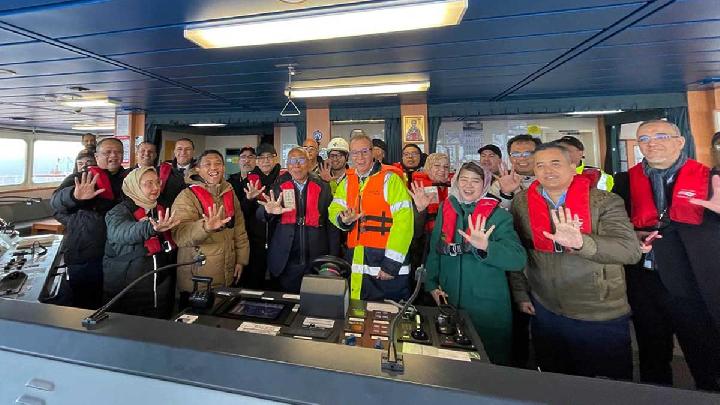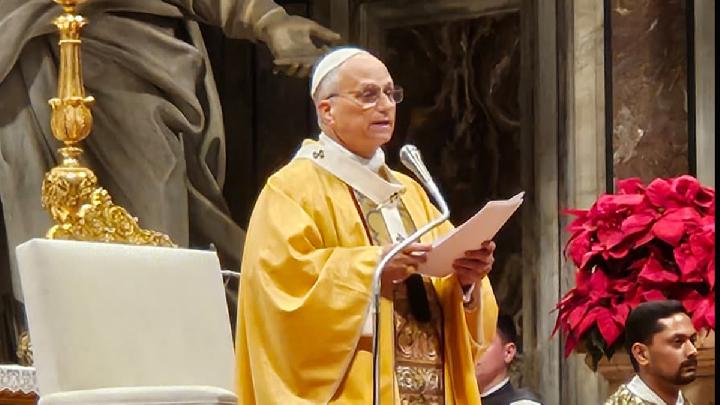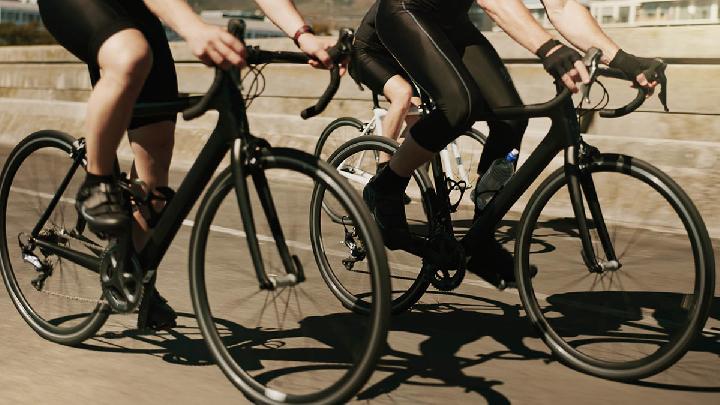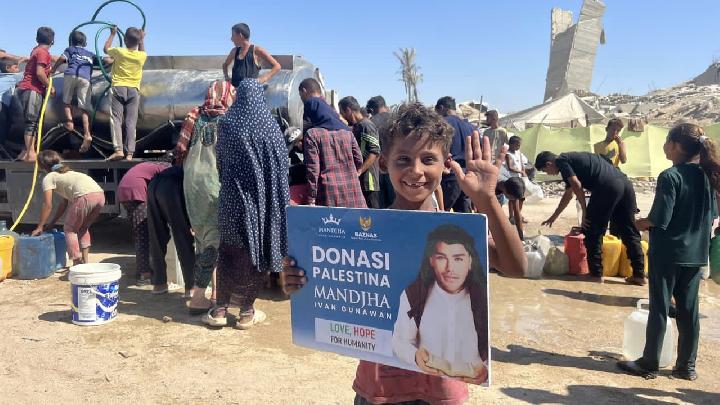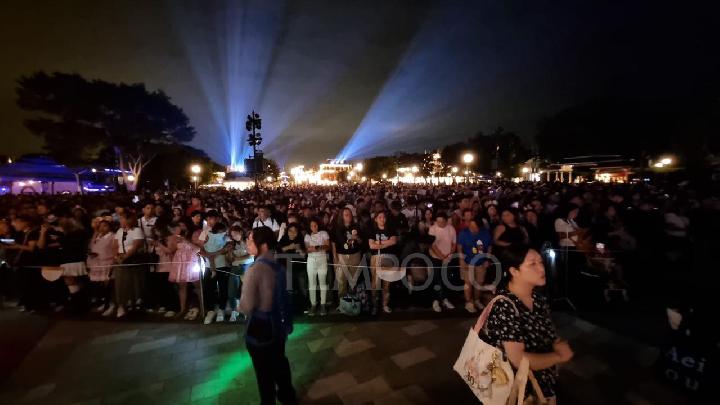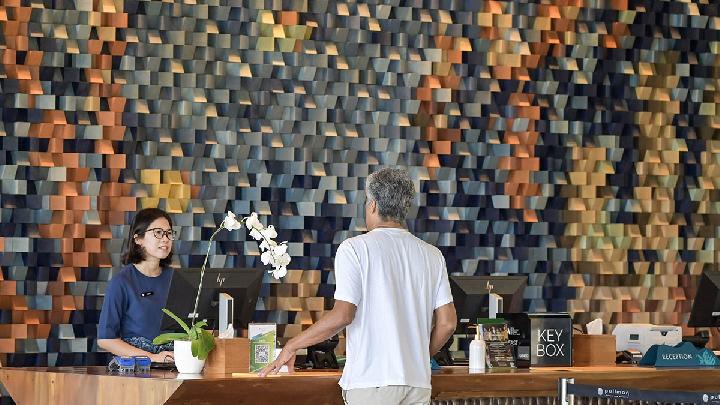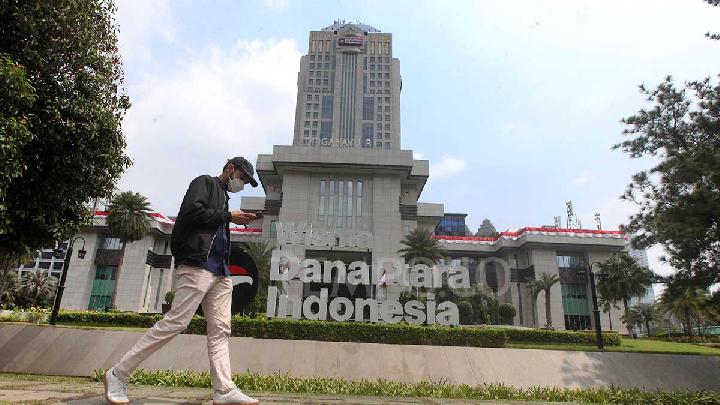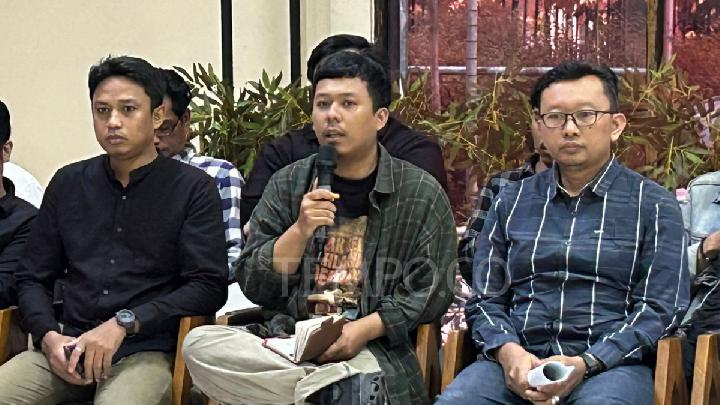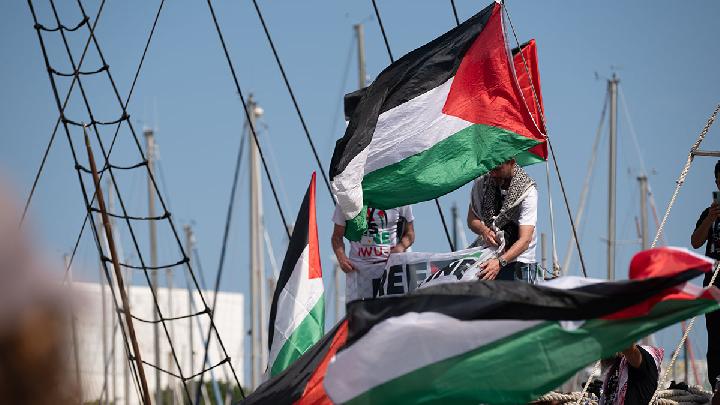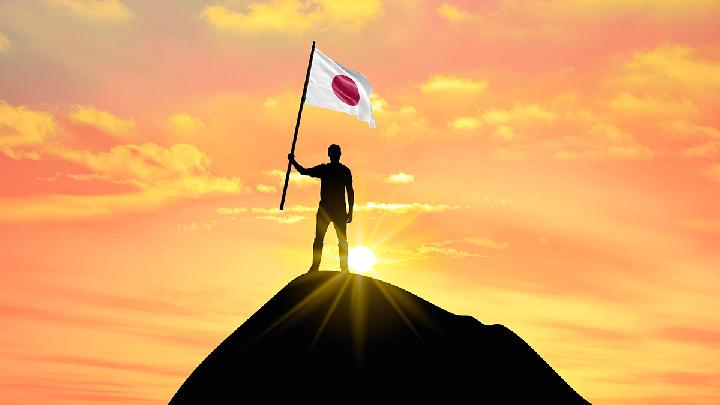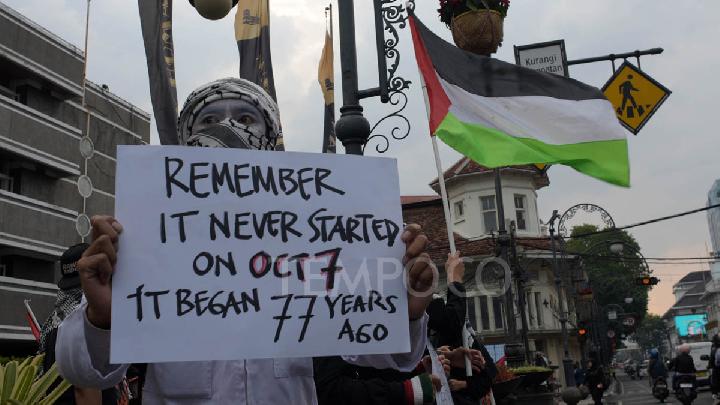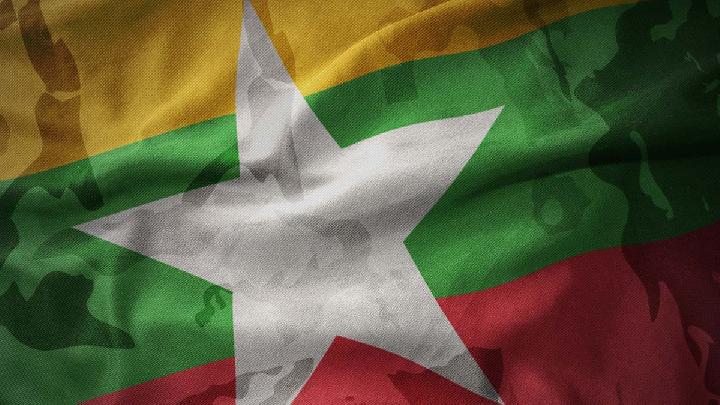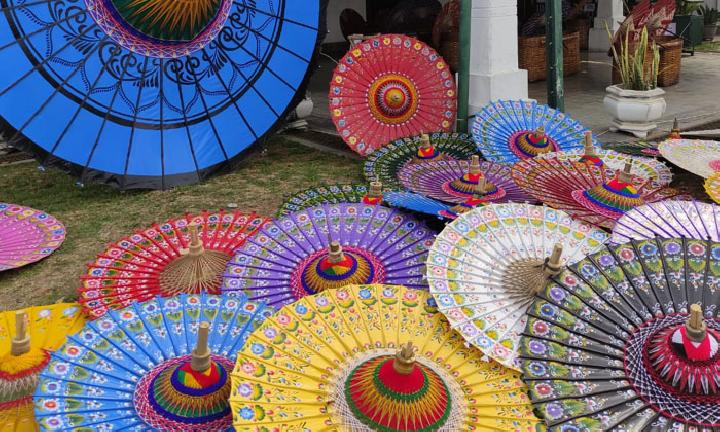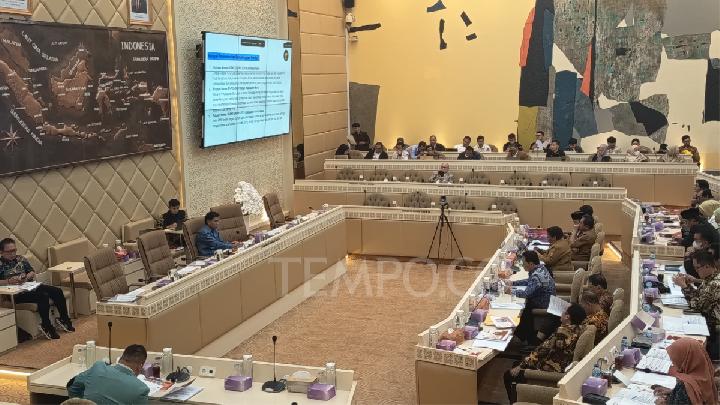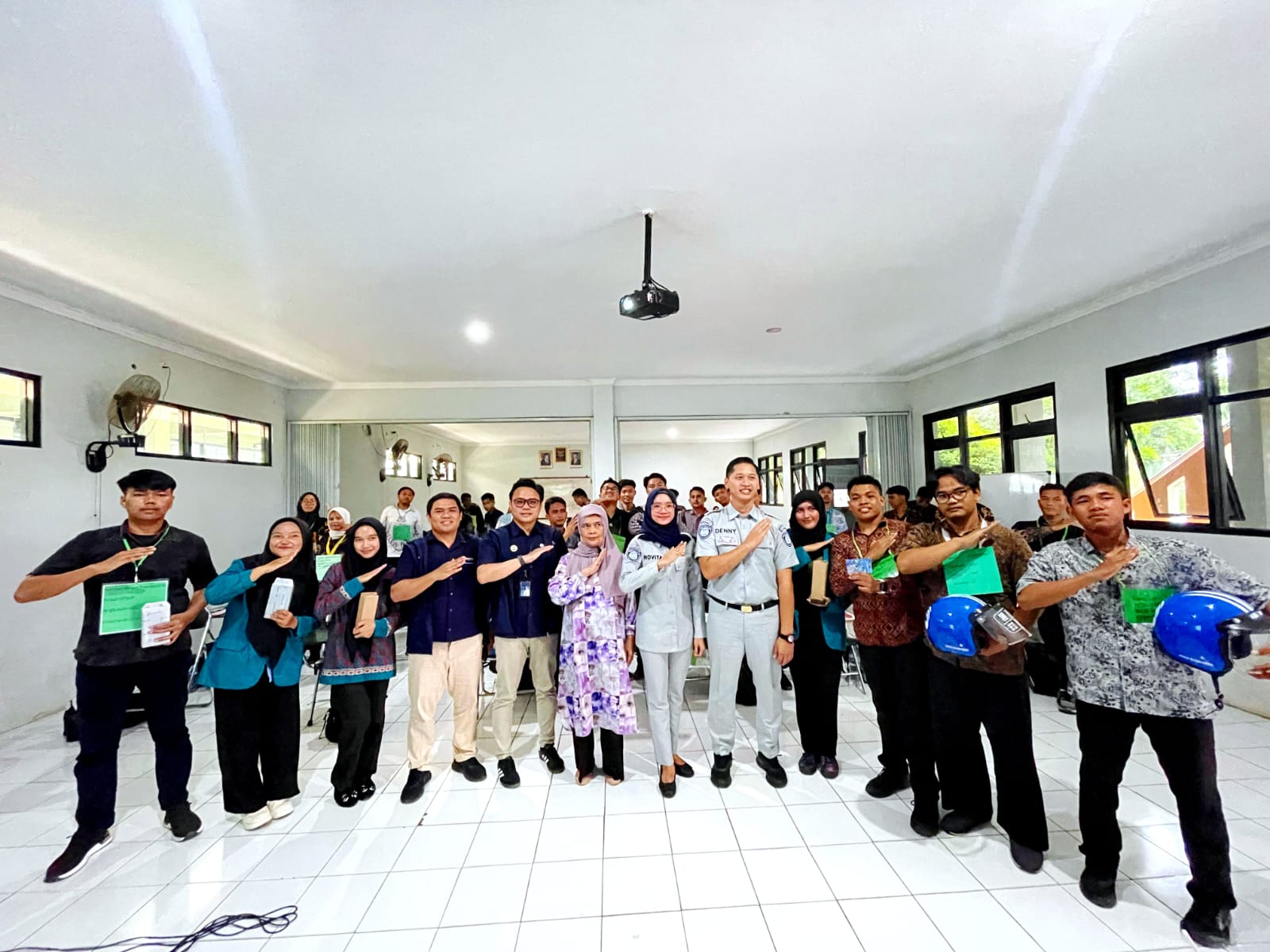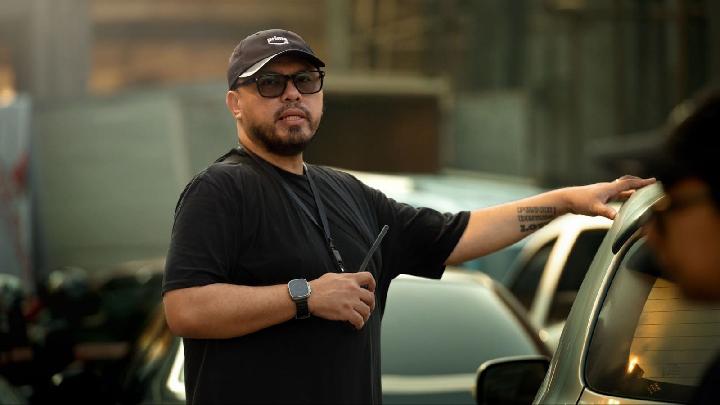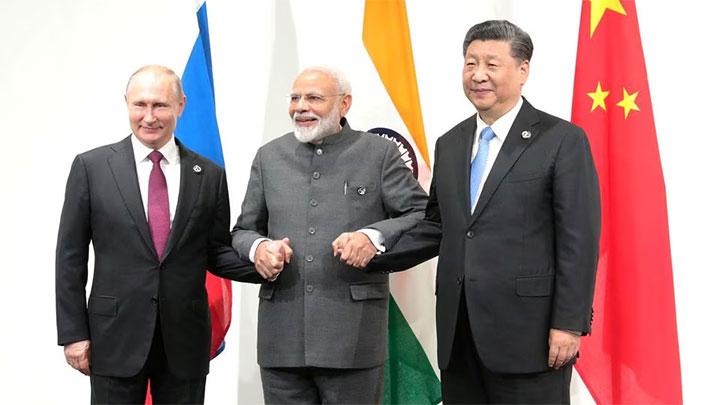TEMPO.CO, Jakarta - The aircraft carrier USS Gerald R. Ford is the most expensive warship in the world. It is over 330 meters (1,000 feet) long and cost $13 billion (€11 billion) to build. The colossal ship and its escort vessels are currently bound for the Caribbean at the behest of US President Donald Trump. It has dozens of fighter jets and helicopters on board, and will provide support for the US ships and units already stationed in the region.
The official US line is that the enemy here are the international drug cartels transporting their goods by boat to smuggle them into the United States. Trump recently described these cartels as the "IS of the Western hemisphere," referring to the extremist Islamic State, or IS, group. Since August this year, the US has killed dozens of people in the Caribbean without providing any evidence that they were involved in the drug trade.
In late October, Pete Hegseth, the US secretary of defense — a post Trump has renamed "secretary of war" — announced that four smuggling boats had been sunk in the eastern Pacific, and 14 people killed. International law experts have raised serious concerns over the legality of these actions.
The US Congress, however, has essentially given Trump free rein. Senate Republicans blocked a Democrats' bill that would have required legislative involvement in approving military strikes against cartels.
"It's a significant deployment," says Christopher Hernandez-Roy, an expert on the Americas at the Center for Strategic and International Studies (CSIS), a US think tank. "We haven't seen anything like this in a generation," he told DW. "For a couter-narcotics operation, it is much larger than anything that's ever been seen."
It seems logical to conclude that this armada is not just there to target smuggler boats. Countries in the southern Caribbean are growing increasingly concerned.
What is Trump really planning?
The focus is primarily on oil-rich Venezuela. For years now, the US has been sharply critical of its ruler, Nicolas Maduro. Washington maintains that the elections that returned Maduro to power in January 2025 were fraudulent, and it refuses to recognize him as a legitimate leader.
In August this year, Trump doubled the reward on offer for information leading to Maduro's arrest. It now stands at $50 million — twice the amount once offered for Osama bin Laden, head of terror group al-Qaeda. According to Hernandez-Roy, Trump believes that "Venezuela is run by a drug cartel, and Nicolas Maduro sits at the top of that cartel," with parts of the Venezuelan army also involved.
The US brought about regime change in several Latin American countries in the 20th century, most recently in Panama in 1989. Earlier this month, Trump approved a covert CIA operation in Venezuela. Some of the US warships are also currently conducting military exercises near the island state of Trinidad and Tobago — right on Venezuela's doorstep.
"It makes sense at least to suspect that, over and above fighting drug trafficking, the Trump administration has political reasons for this military build-up," Sascha Lohmann, a political scientist at the German Institute for International and Security Affairs (SWP), told DW. It is clear, he says, that it goes beyond the so-called war on drugs. "But at the same time, it's not that clear to what extent they are actively pursuing regime change."
Lohmann speculates that Trump would certainly be happy if Maduro's removal from office came about as a byproduct of the operation. "Resources certainly play the most important role, both fossil fuels and other raw materials needed to keep accelerating the technology race, particularly where China is concerned."
As well as oil, Venezuela also has large deposits of gold, iron, bauxite and coltan. Earlier this month, the New York Times reported that Trump had rejected an offer from Maduro of preferential access to Venezuela's natural resources.
How is Latin America reacting?
Maduro himself has accused the US of making "a hostile provocation against Venezuela and a grave threat to the peace of the Caribbean." He presented himself as the guarantor of peace, but at another point he also referred to the "no less than 5,000" short-range missiles his army had at its disposal. Maduro has also ordered military exercises to guard against an invasion on the coast.
The US also recently imposed sanctions on Gustavo Petro, the president of neighboring Colombia, accusing him of collaborating with drug cartels.
"I doubt the Latin American countries will all react in the same way," comments Marcela Donadio, executive secretary of the Latin American Security and Defence Network (RESDAL). "Not only is the region divided, each country has a lot of domestic issues of its own to deal with."
Brazil, for example, is currently cautiously moving toward finalizing a new customs agreement with the US. Trump railed furiously against Brazil's justice system, and imposed high punitive tariffs on the country, after its former President Jair Bolsonaro was found guilty of plotting a military coup in an attempt to cling to power.
Donadio told DW that she hopes powerful countries like Chile, Mexico and Brazil will launch a joint initiative to mediate in the current crisis: "Because the internal consequences of an intervention in Venezuela would be severe. A government appointed by an external actor is not the best political solution, even when the opposition has won the Nobel Peace Prize," Donadio says.
This is a reference to Maria Corina Machado, the opposition leader who has said that she dedicates her prize to the Venezuelan people — and Donald Trump. Machado has a powerful advocate in US Secretary of State Marco Rubio.
Can Trump be 'president of peace' if he goes to war?
It is no secret that Trump wants to win the Nobel Peace Prize. But can the self-styled "president of peace" justify such a military operation?
The SWP's Lohmann recalls that the activist and Trump ally Charlie Kirk spoke very positively about the start of the military deployment in the Caribbean in September, just before he was murdered. "Which means that here, too, it's not at all clear whether the grassroots are really against it," Lohmann says. "At least, as long as it doesn't lead to the US getting bogged down there somehow, with troops on the ground, or through some other military intervention."
There is certainly support in Trump's camp for a foreign policy concept described as a new version of the Monroe Doctrine of 1823. Back then, James Monroe, the fifth president of the United States, warned the European colonial powers against challenging the US claim to hegemony in the Western hemisphere, particularly the Americas, the Caribbean and Greenland.
Earlier this year, Trump made threats about potentially annexing Greenland. In an increasingly multipolar world, some of Donald Trump's followers see "Monroe 2.0" — a.k.a. "Donroe" — as a US foreign policy concept in keeping with the times.
Lohmann sees "Donroe" as describing a new way of the US dealing with its neighbors: "This is no longer about keeping foreign influences out of the Western hemisphere, but about expanding United States influence in the Western hemisphere — especially Latin and South America — in an almost imperial manner, rewarding political leaders who are well-disposed toward the US, and punishing others who are critical and rebel."
Editor’s Choice: Trump's Proposed Nuclear Tests: What You Need to Know
Click here to get the latest news updates from Tempo on Google News




